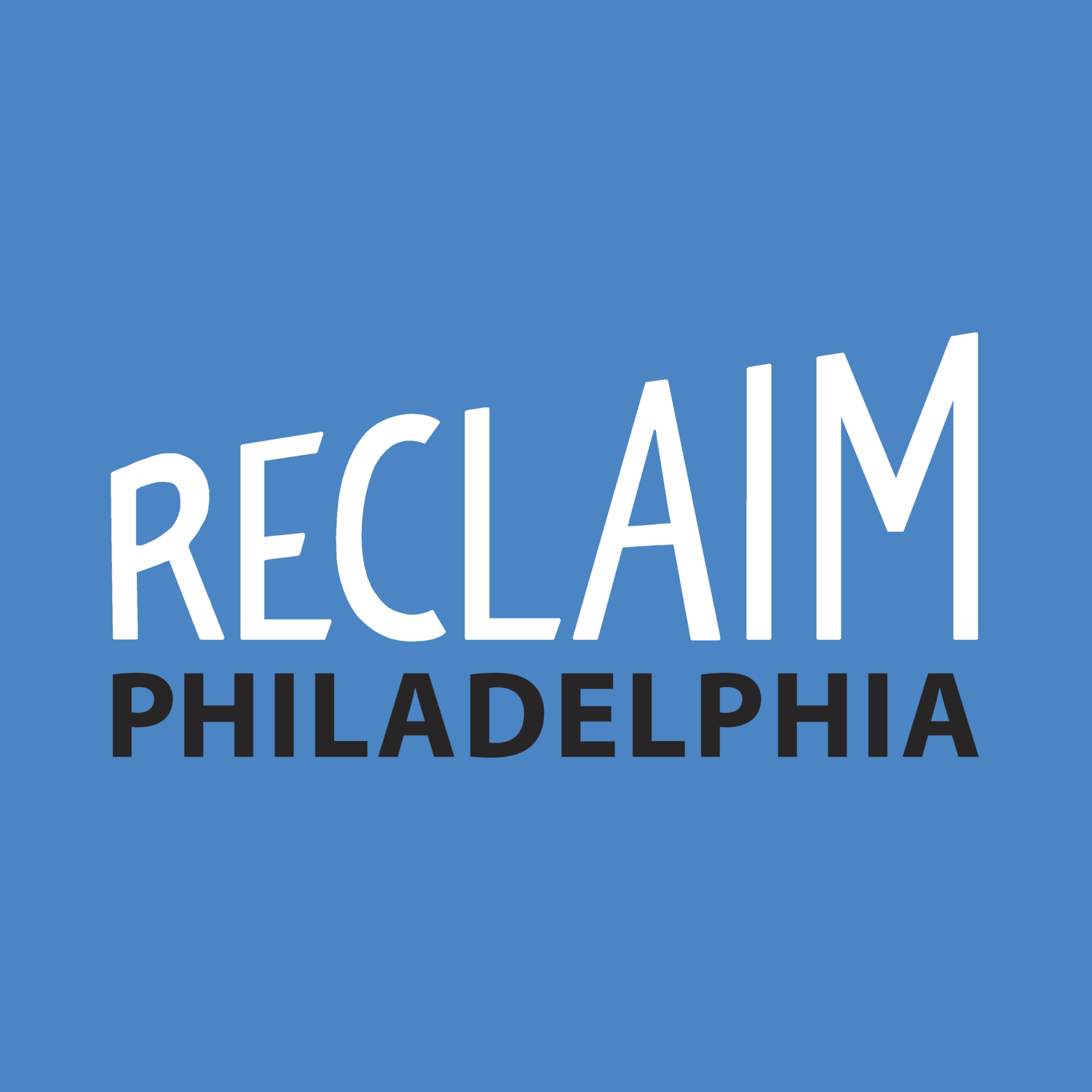Judicial Accountability Table (JAT) 2019 Candidate Questionnaire
Prior to voting on endorsements and Judicial Candidates Forum we asked judges seeking election to fill out the below questionnaire. We will be sharing the results soon, but until then get familiar with the below questions.
The Judicial Accountability Table (JAT)* is a coalition effort comprised of Philadelphia community organizations working to bring more fairness to our courts. We’ve written this questionnaire to be values-driven and focused on the issues most relevant to the people of Philadelphia, and we’ve made our questions compliant with the Code of the Commonwealth of Pennsylvania.
Judicial Accountability Table (JAT) 2019 Candidate Questionnaire
What are your top three priorities as an elected judge?
Do you feel that implicit bias plays a role in our courts? If so, how do you think it should be addressed?
What is the role of bail in criminal proceedings? Do you believe the bail system in Philadelphia is fair?
What do you believe is the purpose of incarceration, both pre-trial and post-trial?
One in three Philadelphians has a criminal record. In your opinion, how can judges support successful community re-entry?
When, if ever, do you think it’s appropriate for a judge to reject an agreement between the District Attorney and the defense?
According to a study from Columbia University’s Justice Lab, about 44,000 adults in Philadelphia are on probation or parole, which is a much higher figure than many other large cities. Pennsylvania is also one of the leading states in long probation tails, sentencing many people to probation for ten years or more after a jail sentence. What do you see as the long term effects of this?
When, if ever, is it appropriate to incarcerate someone for technical violations of probation when they haven’t committed a new crime? What factors would you consider here?
Probation detainers make up over 50% of the city’s jail population, and individuals are often held without signed judicial warrants. What do you think of this?
Philadelphia is at the center of the opioid crisis. In order to prevent more deaths, advocates have worked on harm reduction initiatives including needle exchange programs, Narcan distribution, and overdose prevention sites. What can judges do to help expand and protect programs to combat the opioid crisis and continue to reduce harm?
According to the National Coalition for Child Protection Reform (NCCPR), Philadelphia now leads the country in removing children and placing them in foster care. What do you see as the longterm effects of this? What can judges do about this?
What is the “school-to-prison pipeline” and do you see it at work in Philadelphia?
According to EvictionLab.org, in 2016 Philadelphia led the country in eviction rates at 3.84%, 1.14% higher than the national average. What do you see as the longterm effects of this? What can judges do about this?
Would you support the court instituting a uniform policy prohibiting court personnel from contacting ICE and discouraging ICE arrests on court property without judicially signed warrants?
What should the role of the judiciary be in ensuring equal access to justice for all city residents, regardless of immigration status? What steps would you personally take if elected?
86% of women who enter the Philadelphia courts have experienced some form of trauma, and this is especially true for Black women. How could you use mitigation in your sentencing as a way of reducing harm? What alternatives to incarceration would you consider for women who have experienced trauma?
Current PA state law allows children under 18 to be prosecuted as adults in some cases, despite growing efforts locally and nationally to remove children from the adult system. Do you believe that children should ever be treated legally as adults? What do you think the long-term impacts are of incarcerating children in adult jails and prisons?
*The organizations of the JAT include:
Reclaim Philadelphia
Project SAFE
Philadelphia DSA -- LILAC
215 People's Alliance
Philadelphia Community Bail Fund
Youth Art and Self-Empowerment Project
Amistad Law Project
Coalition to Abolish Death By Incarceration (CADBI)
The Center for Carceral Communities
ICE out of Courts
Pennsylvania Student Power Network
Make The Road Pennsylvania

